GrainGrowers’ 2025 Federal Election Priorities
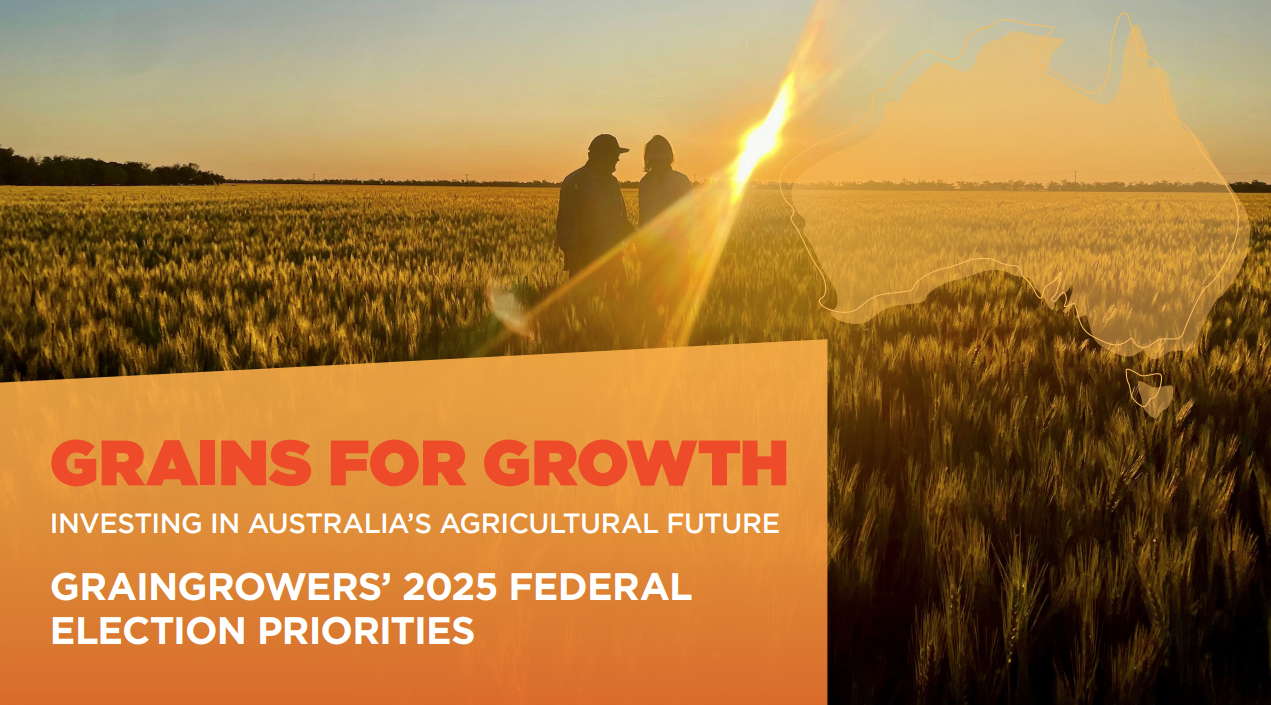
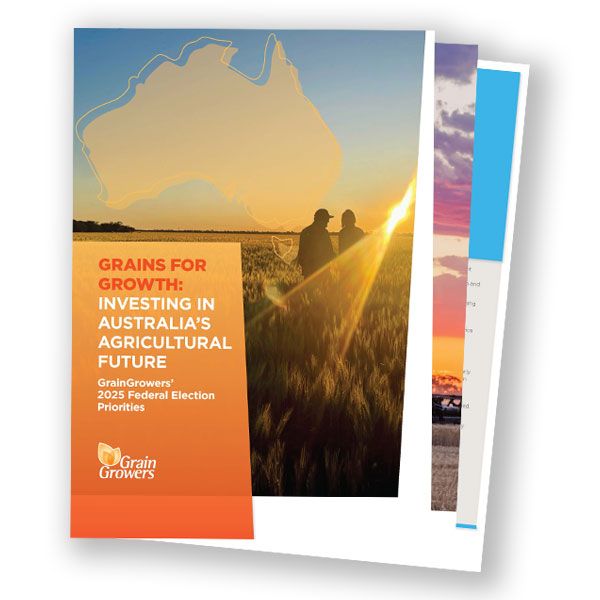
Grains for Growth: Investing in Australia's Agricultural Future
Increasing cost-of-living challenges and business costs are weighing heavily on Australians and the farming community alike. Regional investment can unlock economic potential, enhance productivity, reduce inflationary pressures and secure a sustainable future for generations to come.
This document focuses on regional Australia, grain supply chains and the environment, outlining the ‘big ticket’ items essential to build the grains sector and support local communities. These initiatives will strengthen regional areas and empower Australian growers to remain competitive on the global stage, making our grain regions stronger and ensuring they are vibrant places to work, live and play.
To achieve this vision, it must be recognised that supply chains are the lifeblood of the grains industry. Additionally, climate change action and innovation is required to support growers. Working cooperatively with industry, government can pave the way, creating a prosperous agricultural landscape to meet the demands of today while preparing all Australians for the challenges of tomorrow.
GrainGrowers’ 2025 Federal Election Asks:
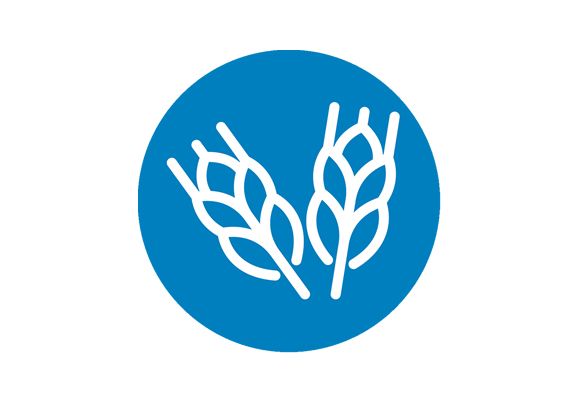
Making stronger grain regions
- Increase supply side funding and government intervention to address market failures in the delivery of quality Early Childhood Education and Care (ECEC) in regional Australia.
- Increase targeted investment in regional housing projects to support the growth of farming communities and workforce.
- Increase funding for telecommunications service monitoring and surveillance to highlight and address regional and remote blackspots.
- Ensure the fair and equitable transition of Australia’s energy generation and associated infrastructure by facilitating meaningful and early engagement with grain growing communities in decision-making processes.
- Ensure the agricultural chemical regulatory system is appropriately funded and well managed.
- Ensure biosecurity is appropriately and sustainably funded with improved accountability and reporting on government work to maintain Australia’s biosecurity status.
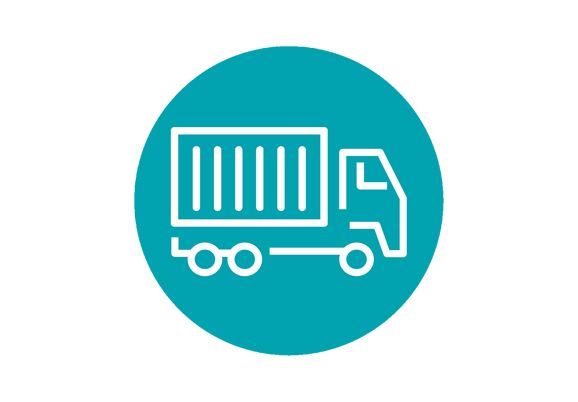
Supply chains are the lifeblood of our grains industry
- Increase the Roads to Recovery (RTR) funding to $1 billion to ensure the continued ability of grain growers to harvest grain and transport it to market.
- Reinstate the Roads of Strategic Importance (ROSI) program to provide targeted funding for key regional freight corridors to build resilience through works such as road sealing, flood immunity and pavement rehabilitation.
- Ensure the vital bridge upgrades continue to be funded, driving improved productivity.
- Reform the National Performance Based Standards (PBS) scheme to improve approval processes and better enable smaller agricultural operators to access the full benefits of the scheme.
- Provide targeted funding to upgrade critical grain rail freight corridors to improve environmental outcomes, drive efficiency and increase mode share.

Climate change initiatives that help growers thrive
- Targeted grants for critical low-carbon liquid fuel processing infrastructure such as fuel refining facilities and oilseed crushes and implement production incentives to support domestic manufacturing.
- Establish a government-industry working group to develop a National Feedstock Strategy aimed at optimising Australia’s feedstock production for low-carbon liquid fuel.
- Leverage the investment into green hydrogen by the proactive incorporation and funding of $500 million for local domestic manufacturing of inputs, such as fertiliser into ‘Future Made in Australia’ plan to deliver a local, cleaner, greener and cheaper manufacturing base.
- Increased funding to support growers to build adaptive capacity and resilience to respond to climate change and create opportunities for growers to contribute to and benefit from a net zero transition by 2050.
- Work with the agricultural sector to streamline and simplify agricultural greenhouse gas (GHG) accounting and ensure investments in GHG
frameworks facilitate efficient integration into grower reporting tools and reduce duplication. - Remove information barriers and build skills in regional communities to aid on-farm decision making that promotes uptake of sustainable practices, driving improved environmental performance and building long-term business resilience for Australian growers.
Video Snapshot
Hear from GrainGrowers' Chair Rhys Turton and CEO Shona Gawel about the important asks for government this election.

Grower Case Study: Making stronger grain regions
Damien and his family grow grain in the midnorth of South Australia. In Damien’s community, there are factors that are making liveability more
challenging, in a part of the world they care deeply about. Many towns in his region suffer from an acute housing shortage, making it hard to attract workers and pushing young families away.
Poor telecommunications also hamper local farmers, making it difficult to access weather updates and market information. In Damien’s region there are many renewable energy projects, but consultations with providers often lack community engagement, focusing solely on land leases without addressing local needs.
Damien believes that renewable energy projects are required for the energy transition and can provide financial opportunities to individuals, but also wants those projects to address some of the community’s pressing needs.
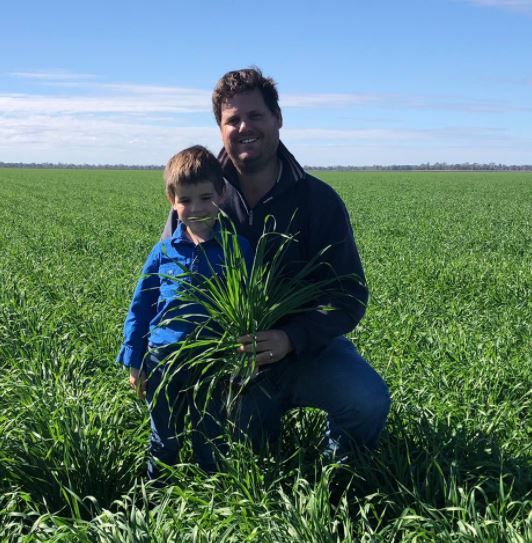
Grower Case Study: Climate change initiatives that help growers thrive
As a fourth-generation farmer and a pioneering leader in sustainable practices, Nigel understands the pressing need for increased funding to help growers adapt to climate change. He believes that investing in adaptive capacity and resilience not only protects the sustainability of their business’ but also allows farmers to increase their profitability and productivity at the same time.
To assist broad grower adoption Nigel believes streamlining greenhouse gas (GHG) accounting and frameworks would make it easier for farmers to integrate GHG reporting into existing tools, reducing duplication and allowing them to focus on sustainable practices rather than bureaucratic hurdles.
Nigel’s view is that equipping farmers with the right knowledge empowers better on-farm decision-making and encourages the uptake of sustainable practices that drive farm and industry wide improvements. This approach drives improved environmental performance while ensuring long-term business resilience and sustainability.
For Nigel, prioritising these areas is essential for securing his family’s agricultural future, protecting the land and environment, and thriving amidst the challenges of climate change. He believes that supporting growers in this transition is vital for the health of communities and the environment, ultimately helping to build a sustainable legacy for future generations.
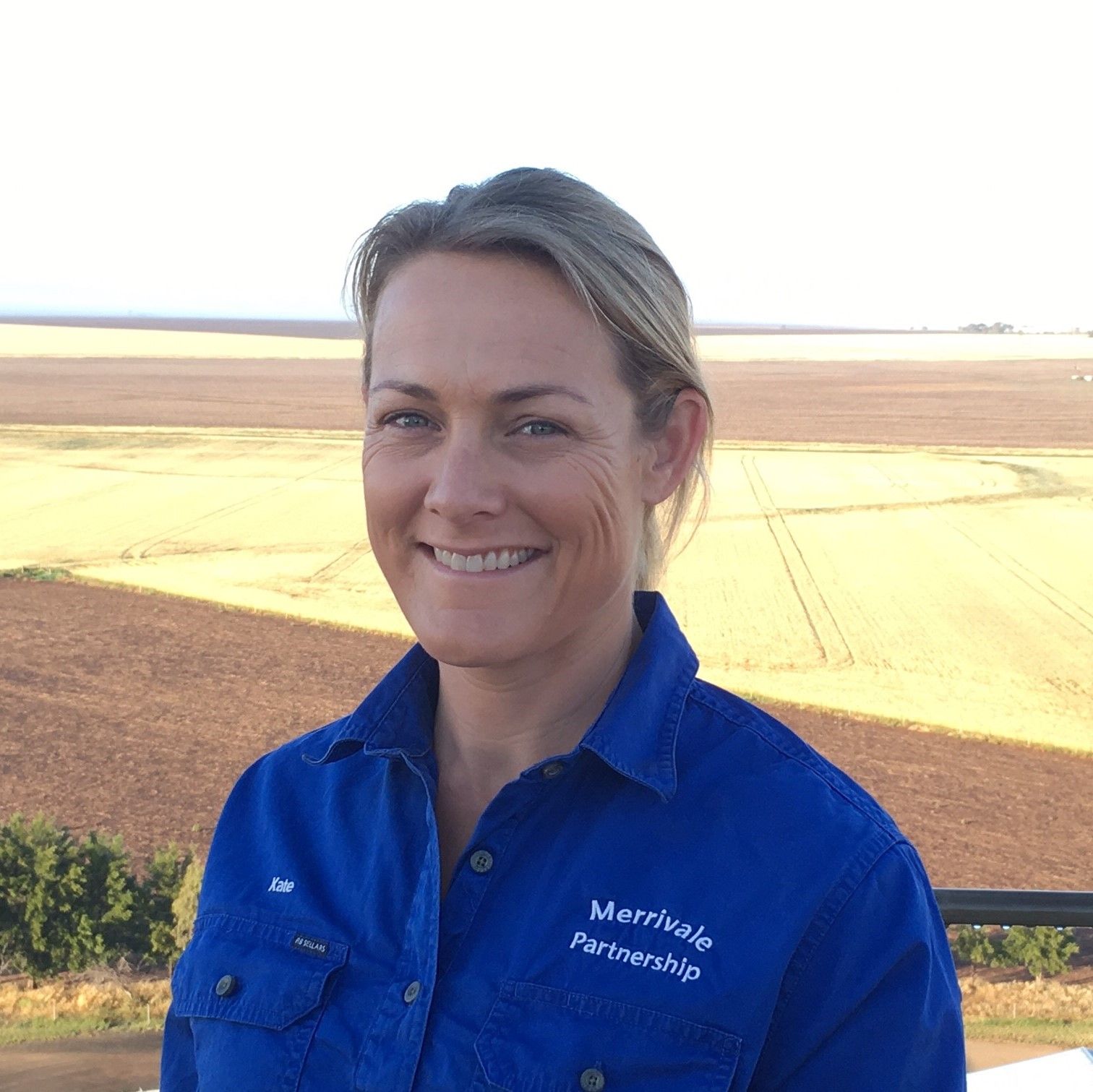
Grower Case Study: Supply chains are the lifeblood of our grains industry
Kate, along with her parents and brother, operates a progressive family farming business on the Liverpool Plains in New South Wales. A key element
of their business is transporting their crops directly from the paddock to port or to end users using their own trucks. To enhance the efficiency of their
grain transport, Merrivale Partnership invested in a Performance-Based Standards (PBS) compliant A-double units. This combination carries about
30% more grain than a typical B-double, allowing the farm to reduce the number of trips needed to transport grain, improve road safety, and minimiseroad wear.
Despite the clear benefits of PBS vehicles, Kate has encountered significant challenges and delays in obtaining road access permits. The process is
complex and time-consuming, making it difficult for farmers like them to take full advantage of PBS technology. Kate believes that the PBS system needs reform to ensure that small to mid-sized farming operations are not discouraged from adopting these more efficient and safer transport solutions.
